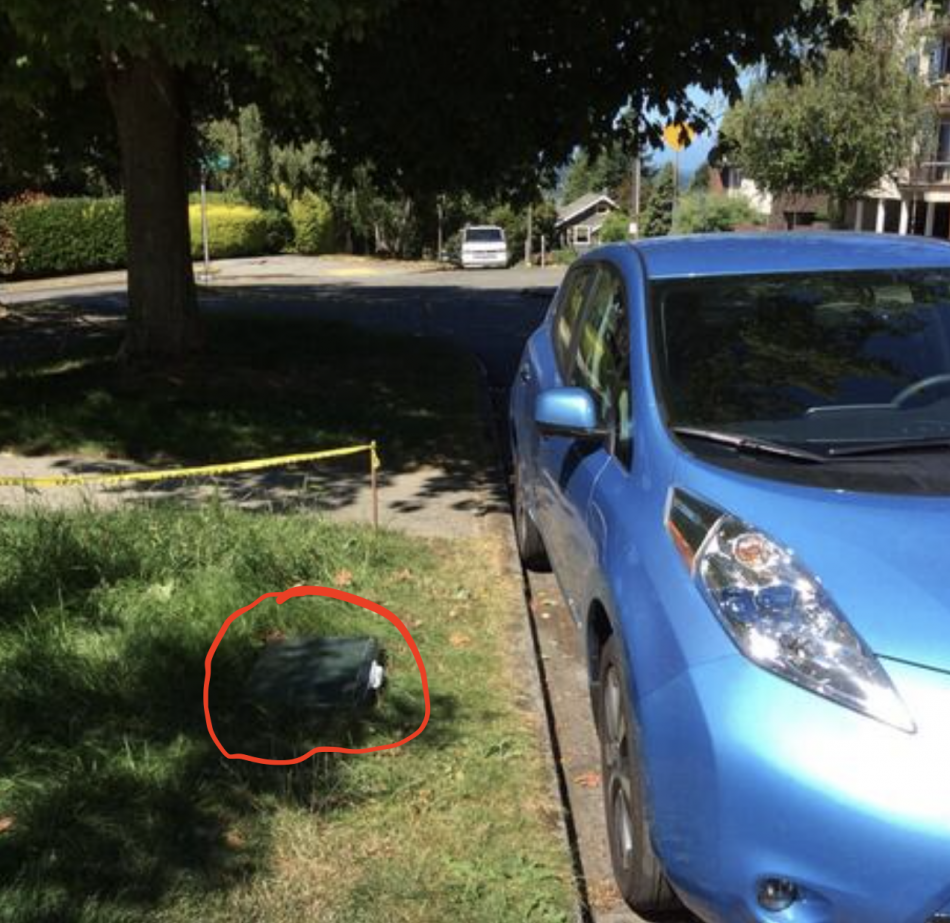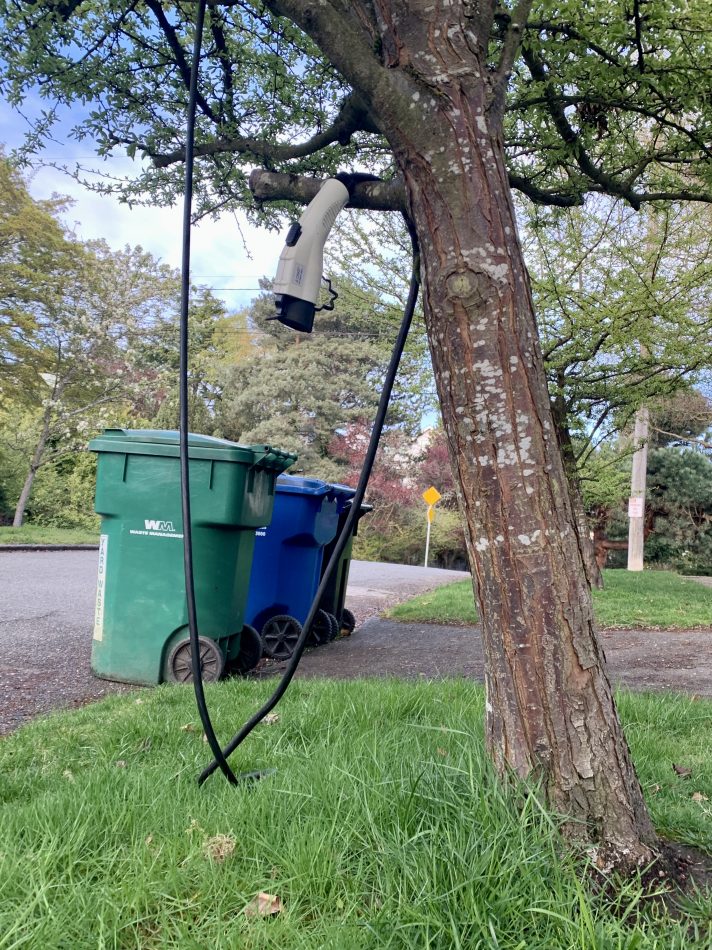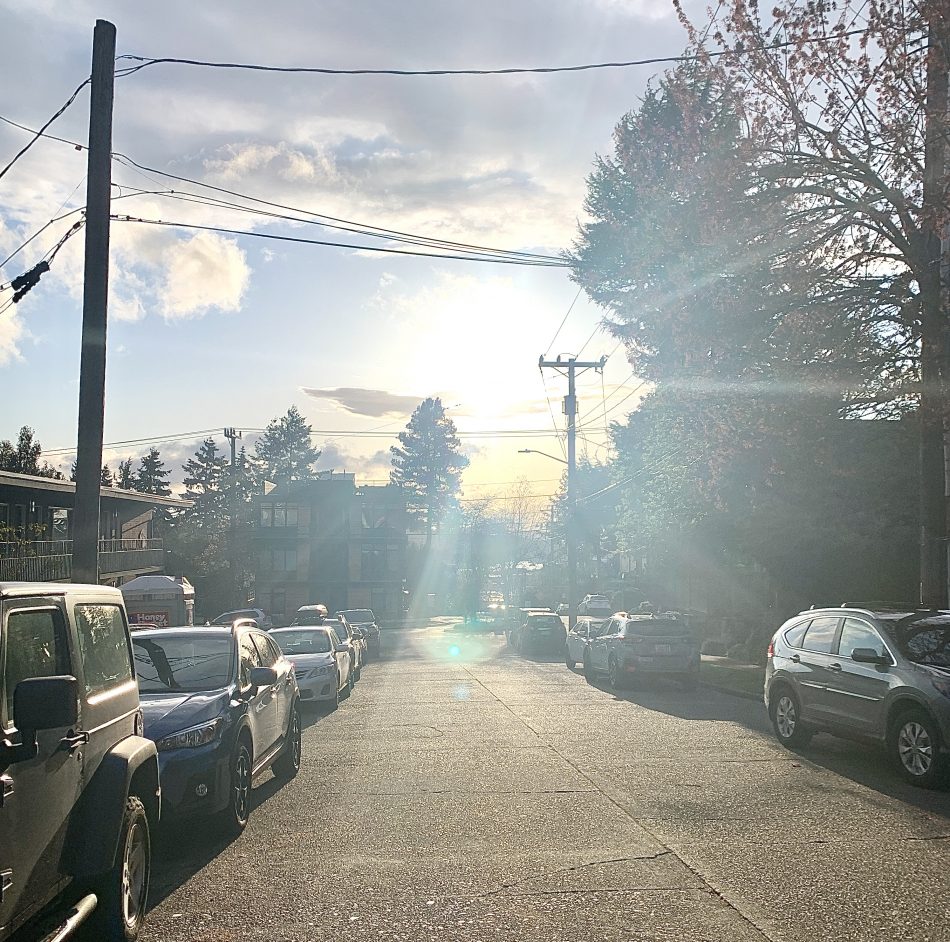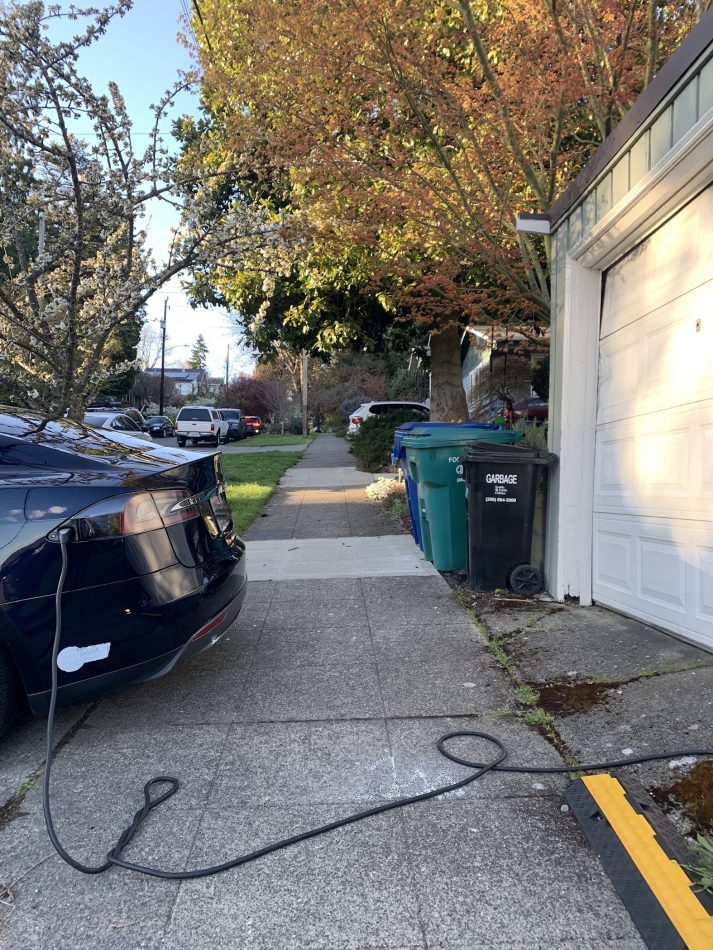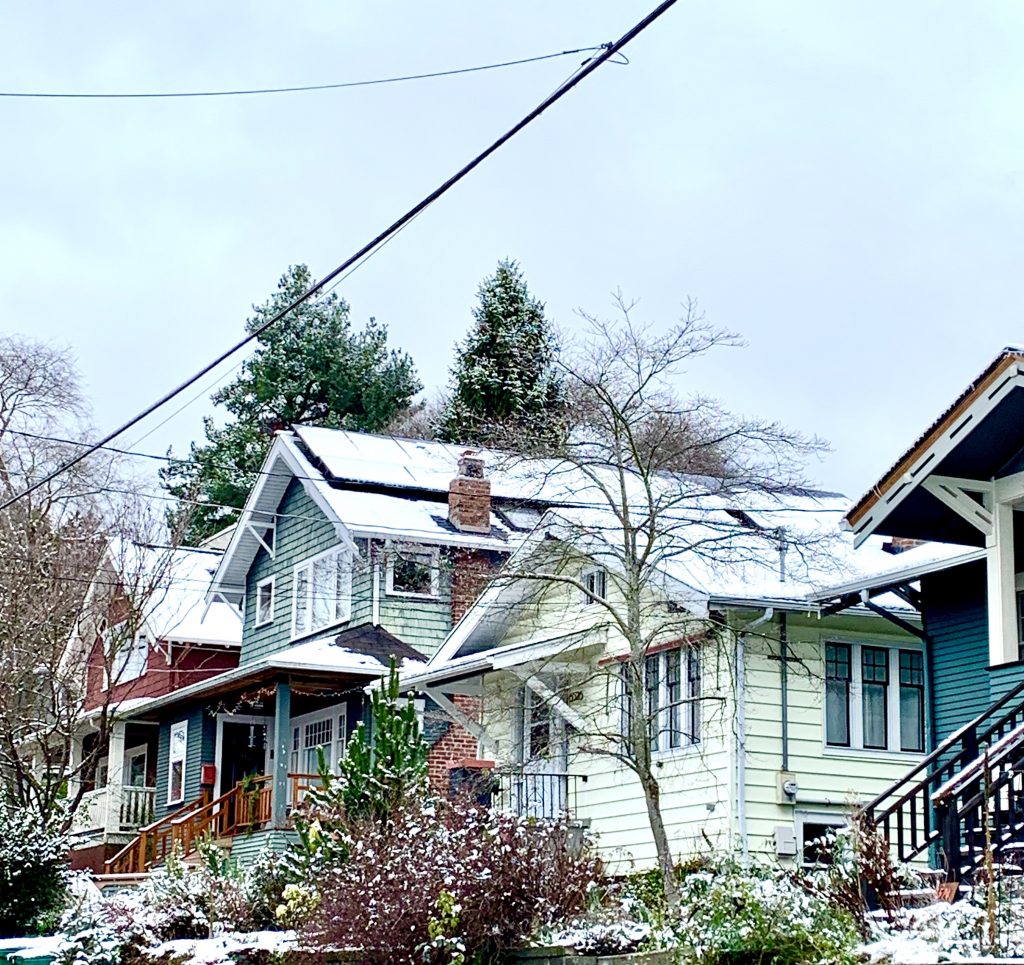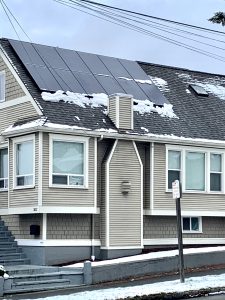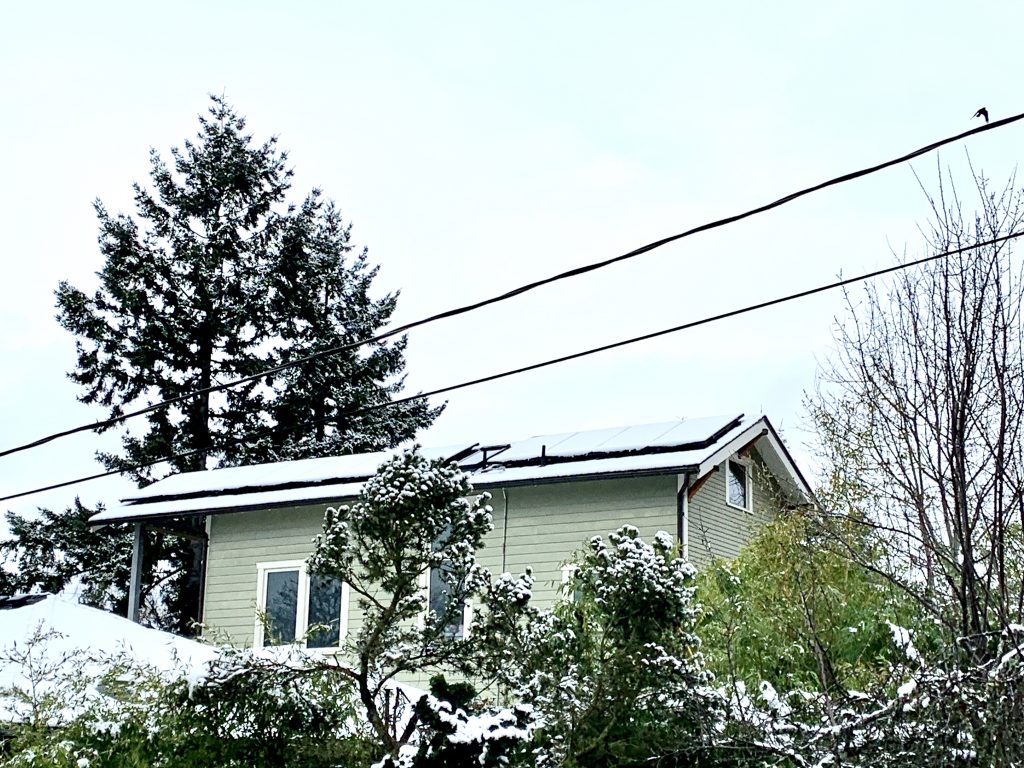Residential Costs to Charge
Seattle City Light’s website say it costs $0.0175 a mile to charge a standard Electric Vehicle (EV). But rates have risen recently, so I will round this up to $0.02 a mile.
120V outlets are the standard electrical outlet. EVs can plug into those and charge the batteries inside the car.
An example of potential usage:
Let’s say someone drives 20 miles in their Electric Vehicle, and then stops to plug it in and replenish the 20 miles just “burned”.
Using a factor of $0.02 cents a mile: $0.02 x 20 miles = $0.40
How do people charge their Electric Car’s battery?
Standard 120V electrical outlets charge an electric vehicle at the slowest rate – approx. 5 miles per hour. It takes 4 hours to charge to fill the battery to replace the 20 miles lost. Convenient to charge at the house, but slow.
Dealerships sell adaptors that can pull more power out of the 120V outlet. Twice the power in half the time. Same cost per mile, just faster power delivery to charge the battery. The plug from the car to the wall outlet can effectively be locked to the car in case someone wanted to remove it.
Where to charge:
Aside from the home, there are other charging options available, such as workplace, or stops around town.
EV charging stations like the ones at Fred Meyer, Walgreens, the mall, or Neighborhood Centers, etc. are 240V AC. That is twice as much power as the 120V AC outlets. So the car can be charged twice as fast at these 240V stations.
Dealerships have 440V fast chargers. When possible, people head for these.
Charging at an Apartment Complex
Without an effective monitor it is difficult for the tenants and owners to know the actual cost of powering the tenant’s EV.
But let’s estimate you are driving 500 miles a month.
500 miles x $0.02 a mile = $10/mo.
In the future, Seattle City Light might help facilitate EV charging at apartment complexes. For now there is not much information for tenants and landowners. Tenants and Owners must customize a solution. I tried this at my Fremont apartment location and used estimates above to explain the low cost of powering the vehicle.
I kept a log of my miles, and shared with landlady. We did not arrive at a fair solution. The cost to charge was fixed at $25/month.
